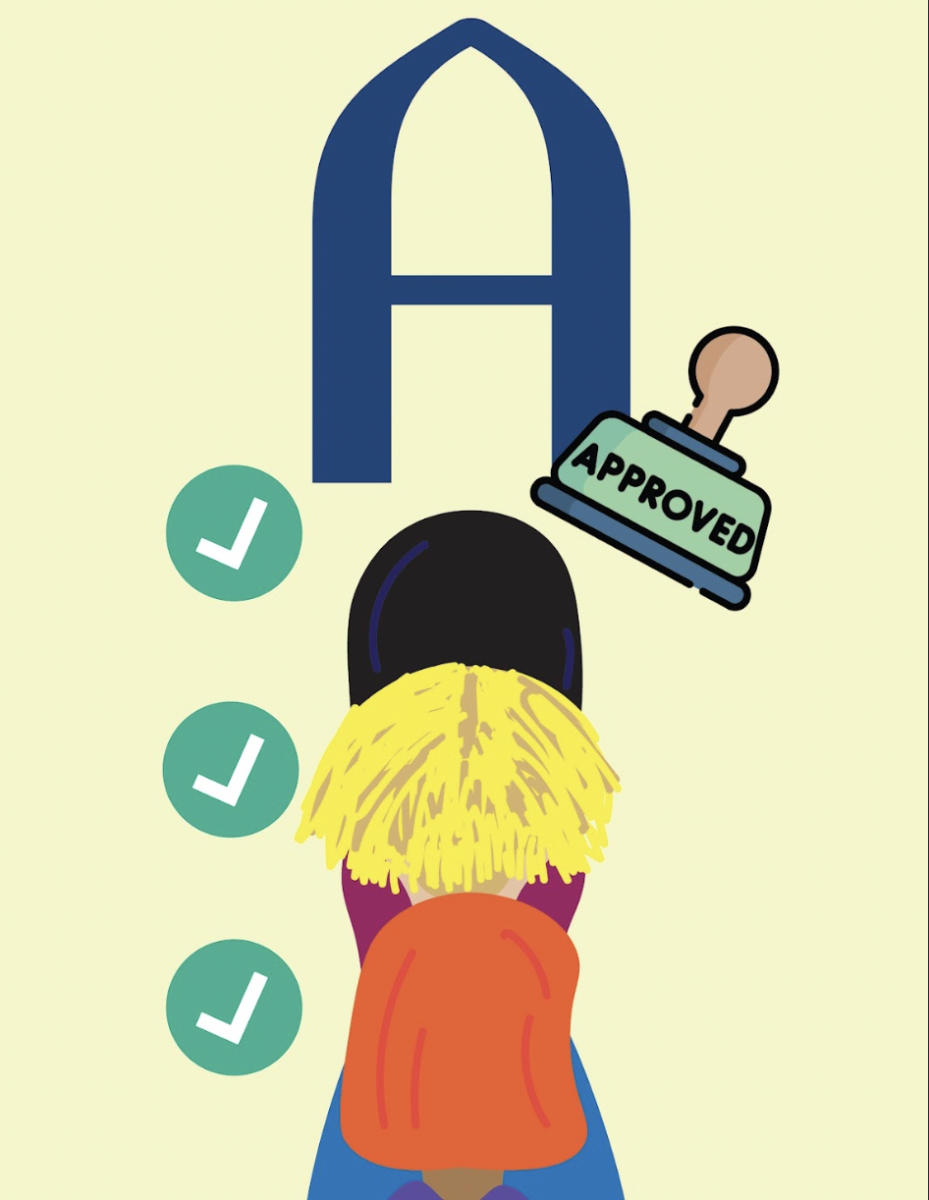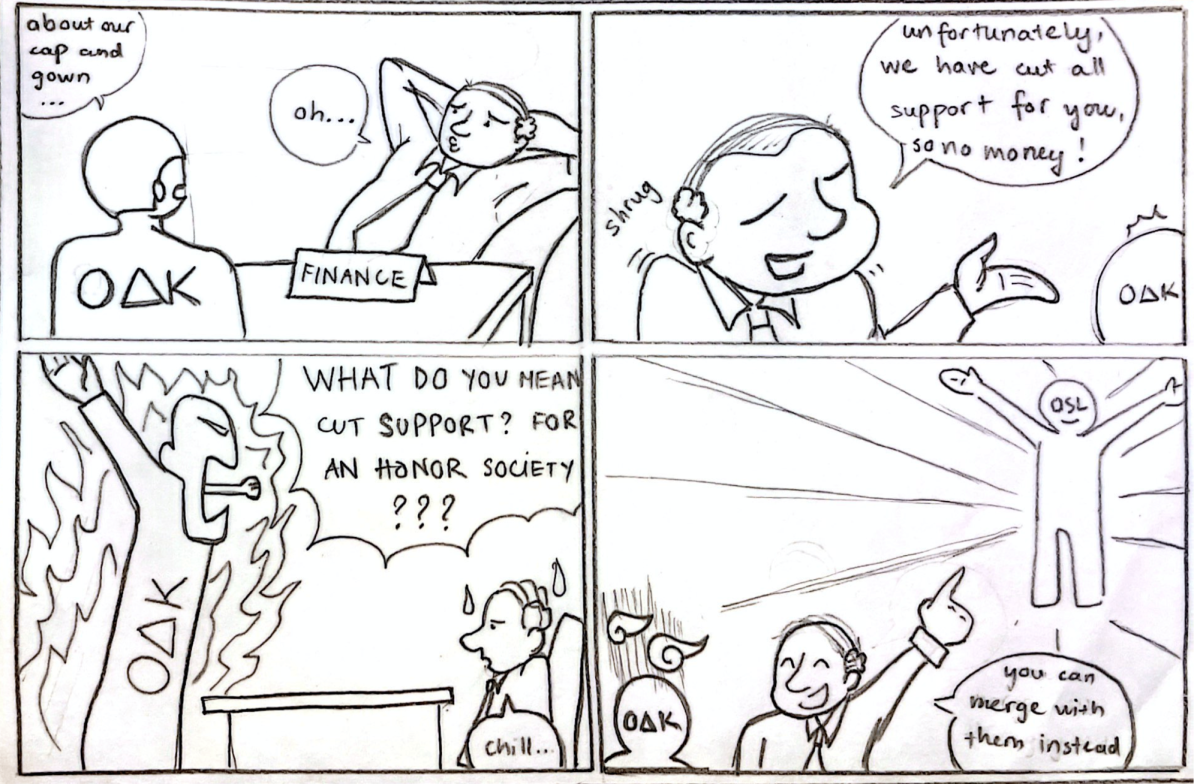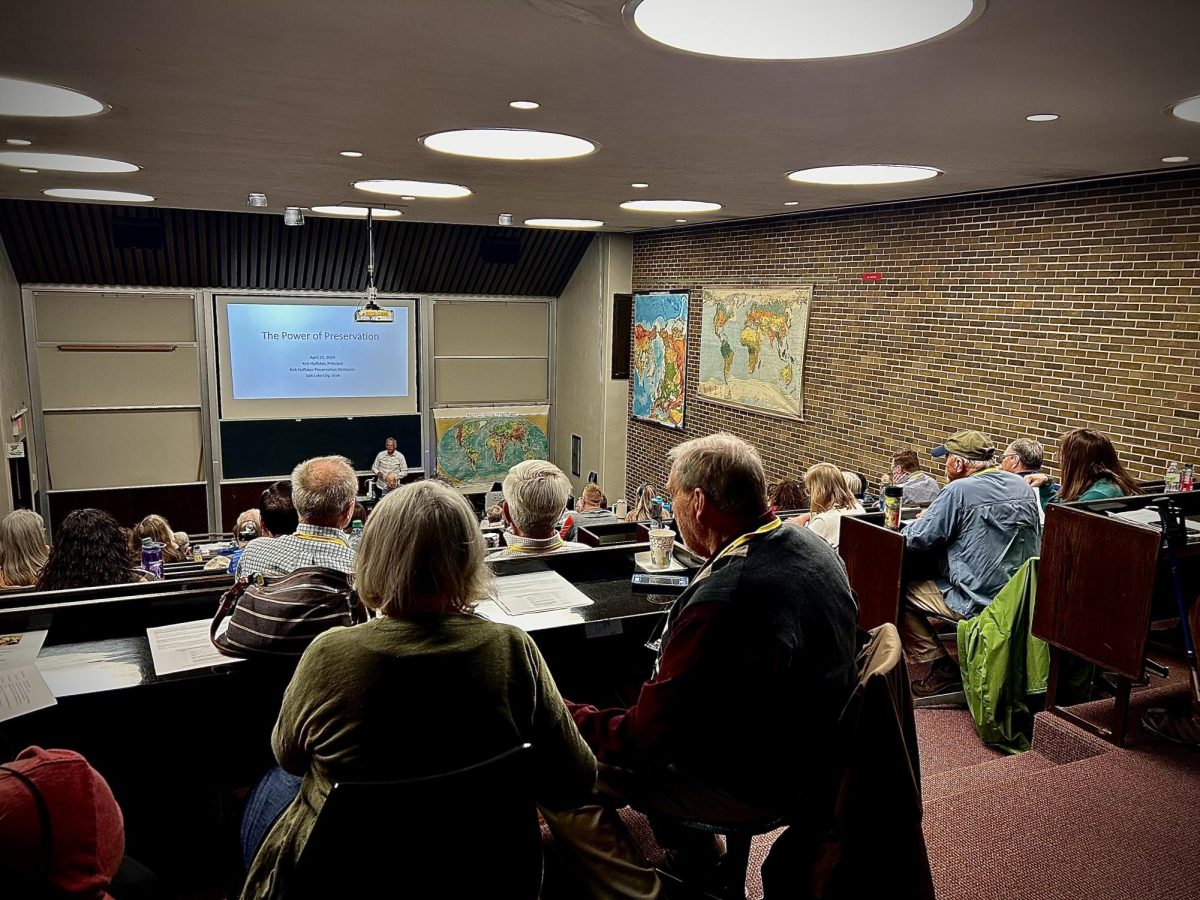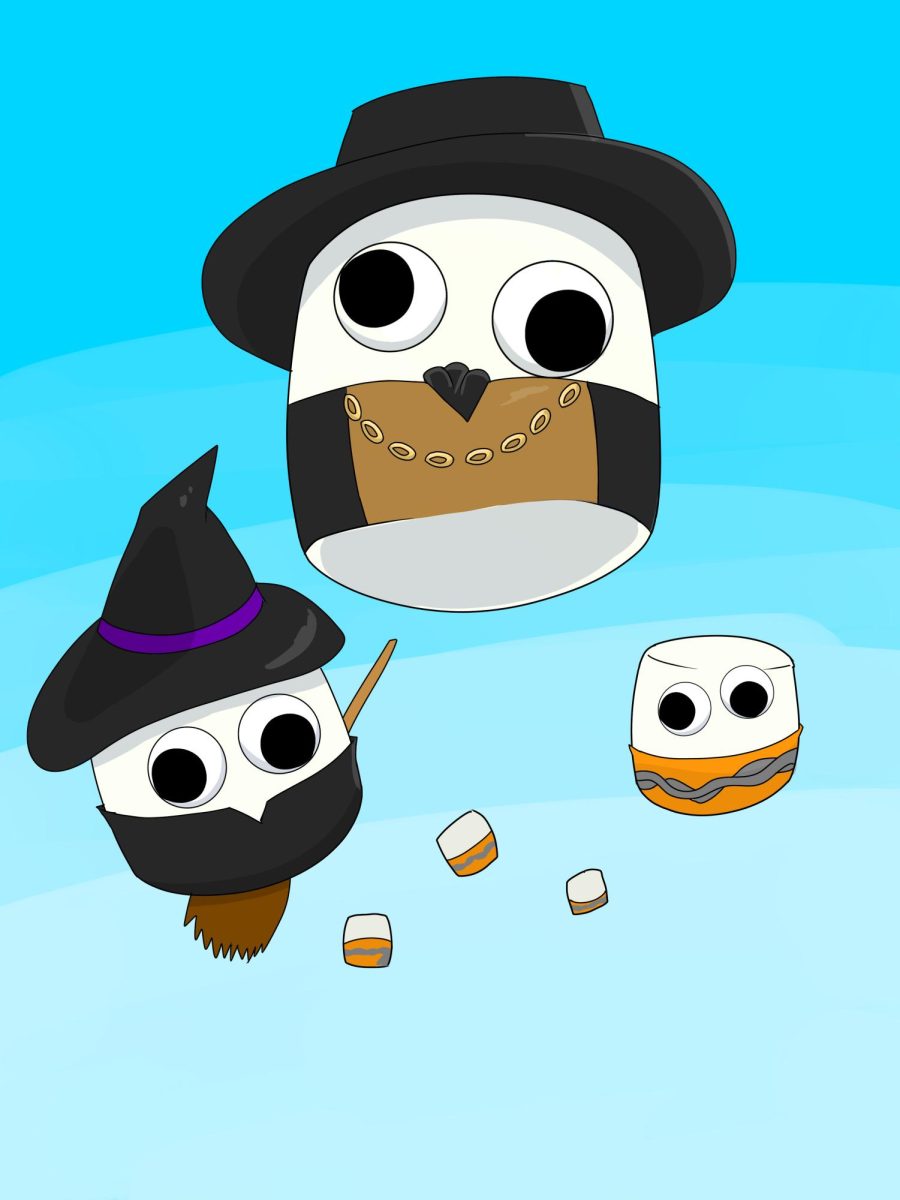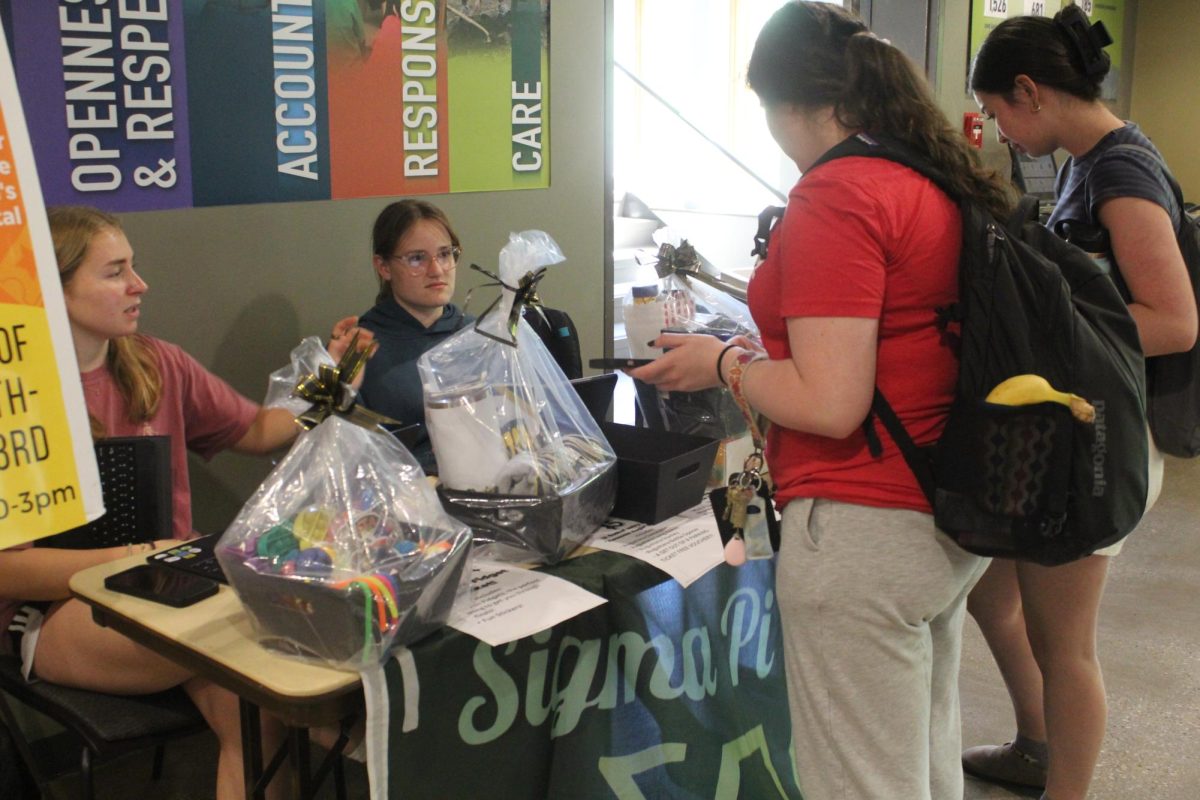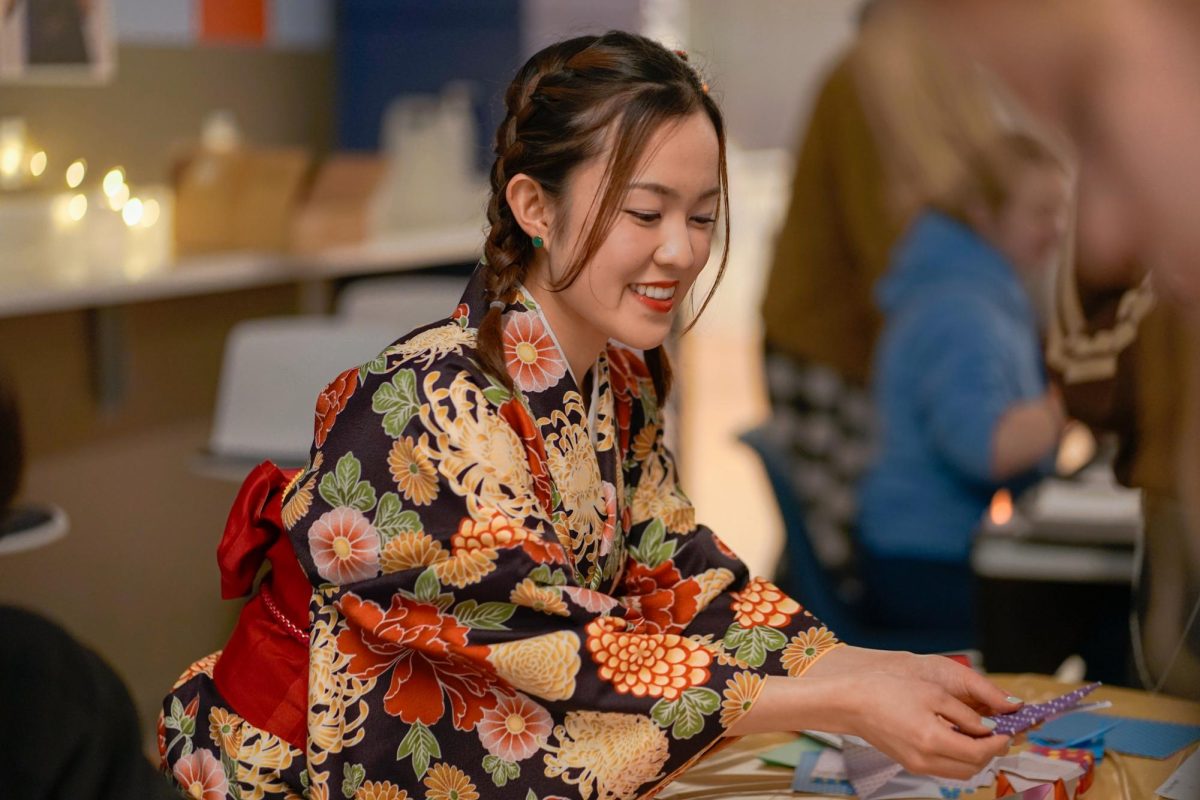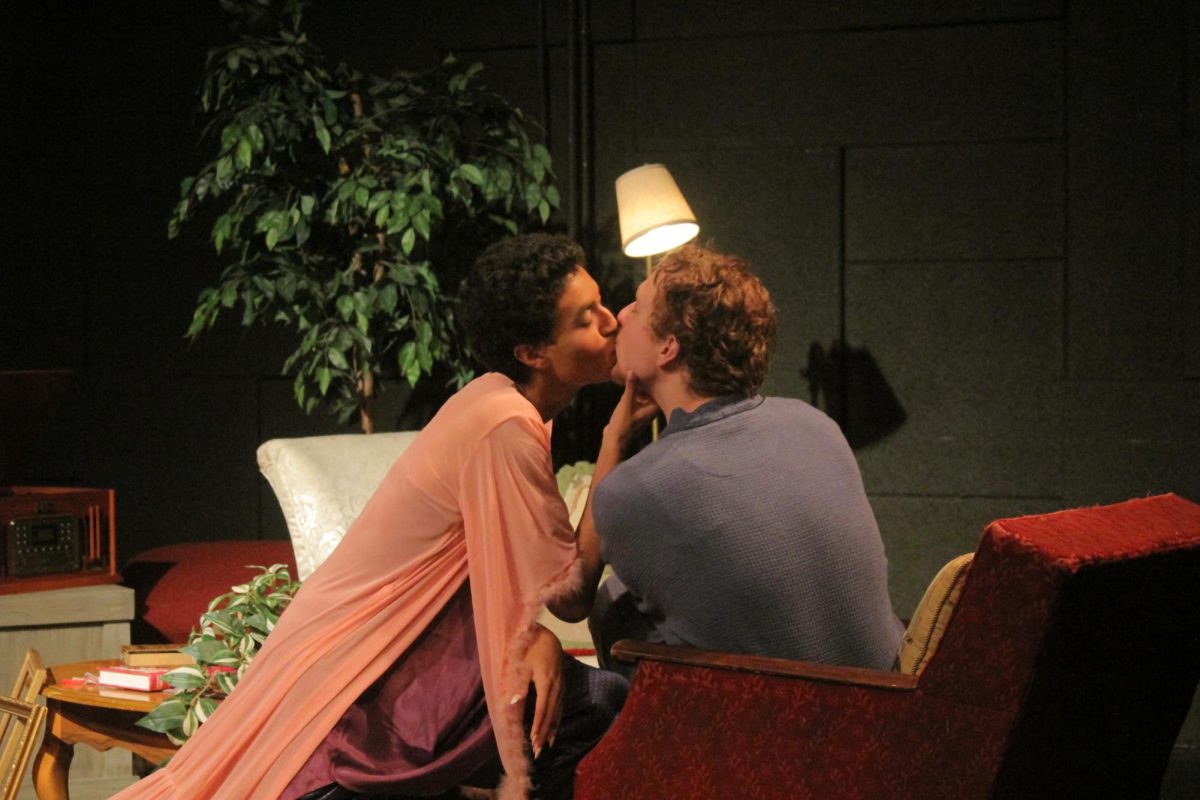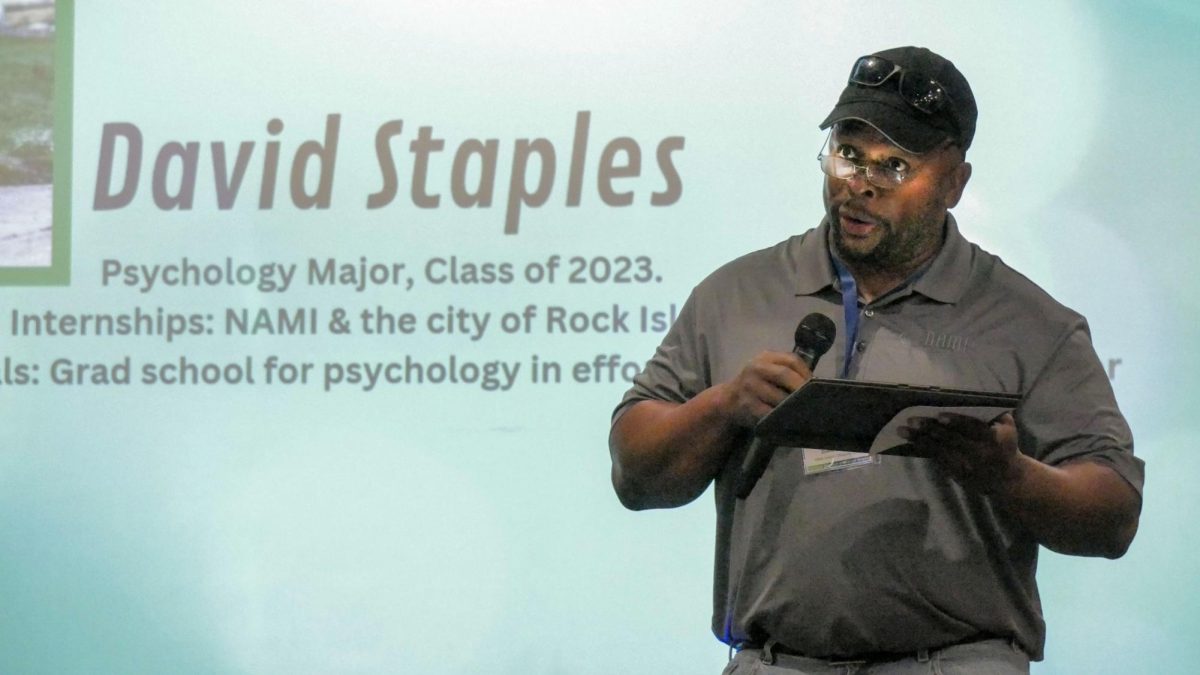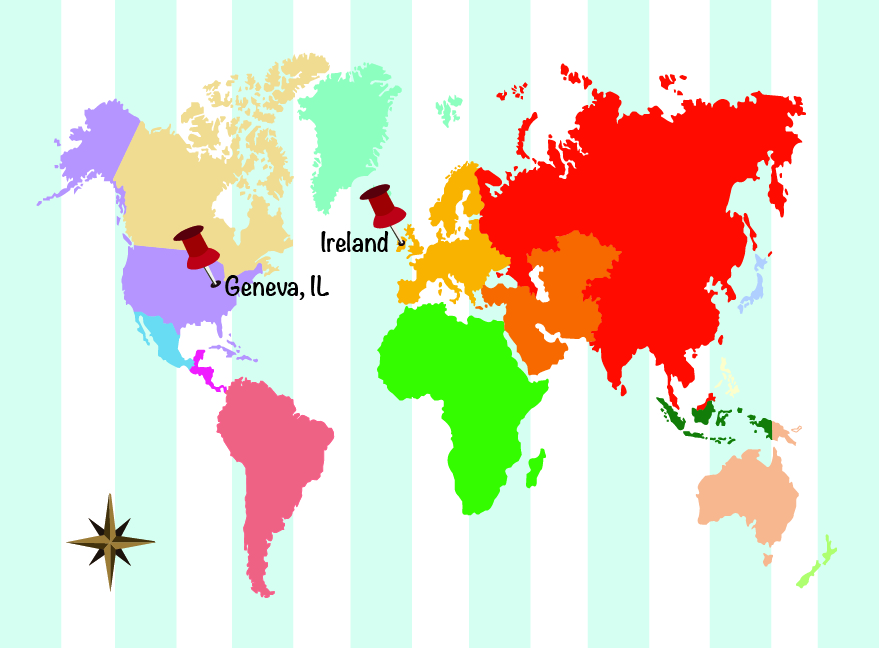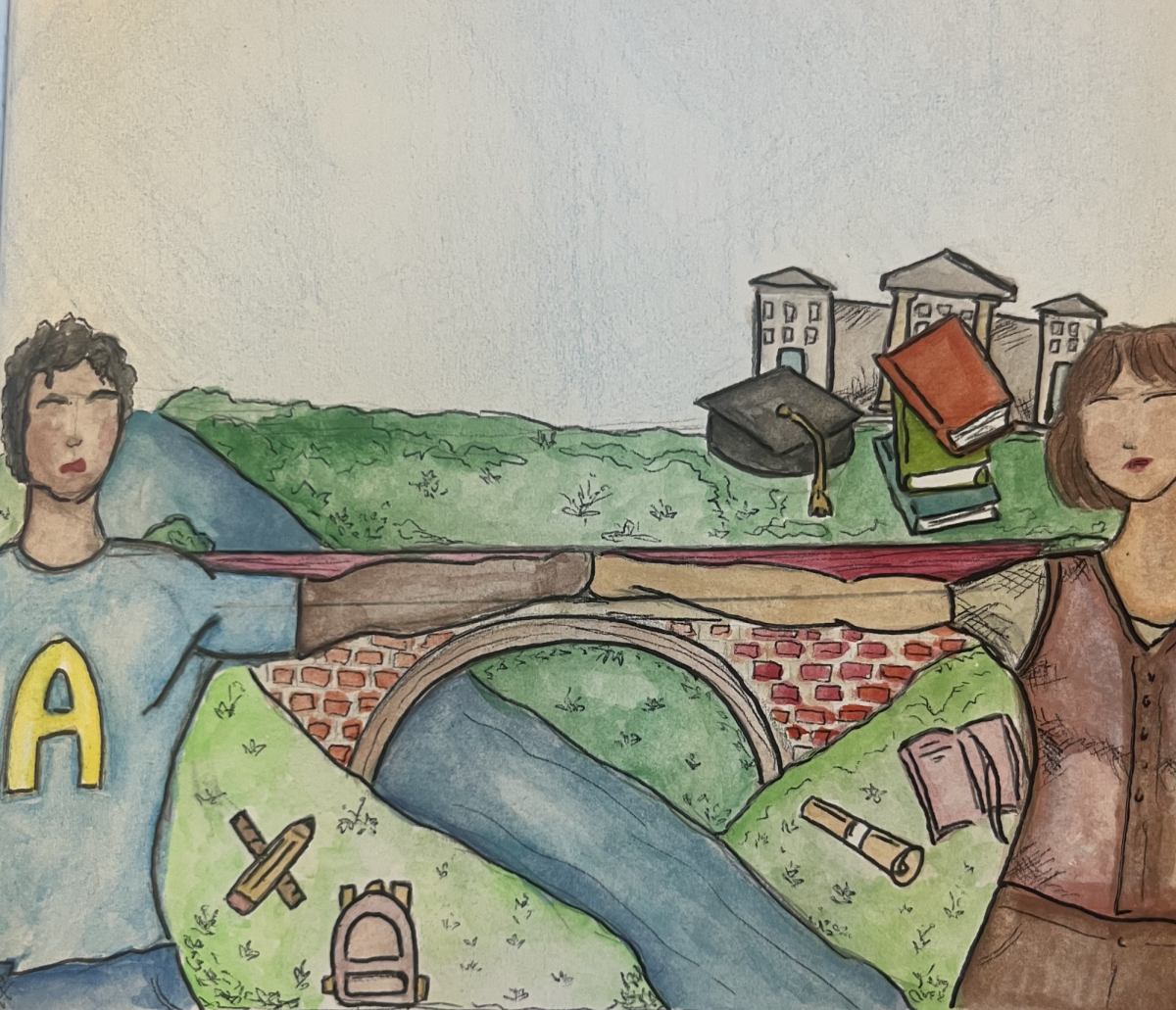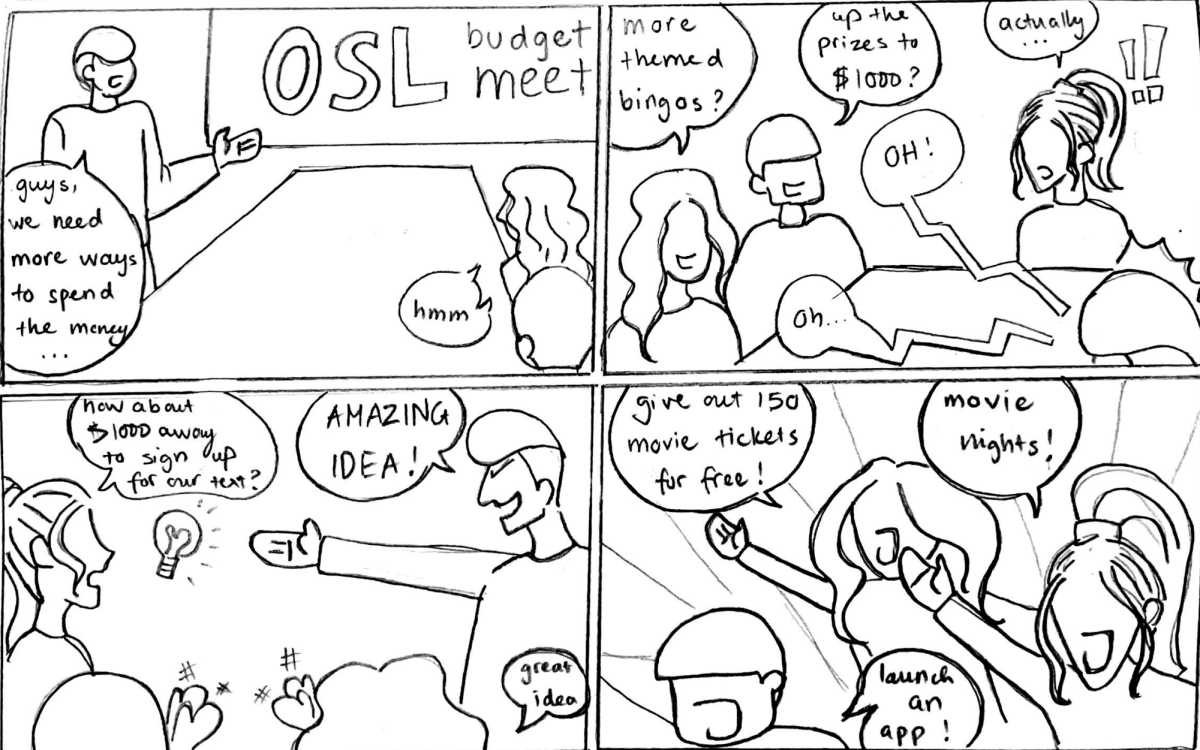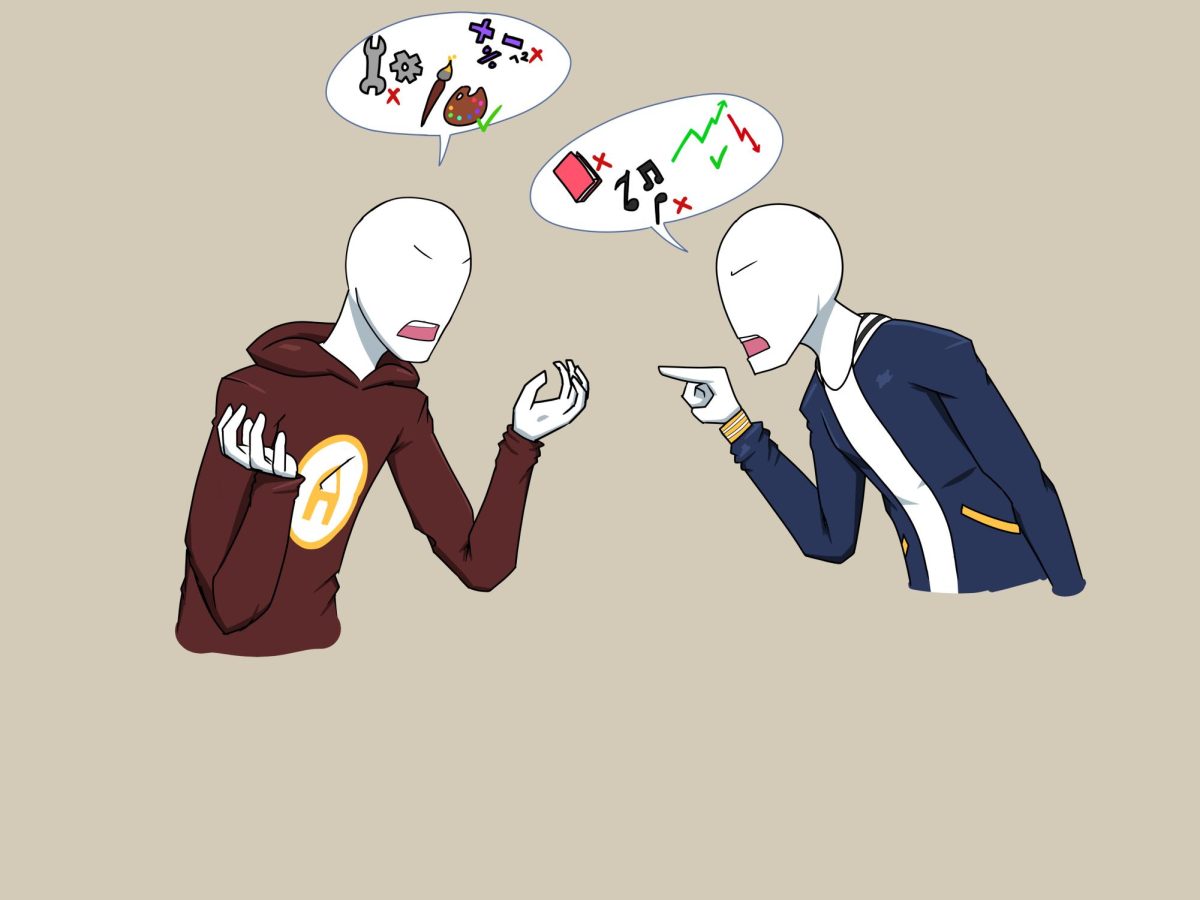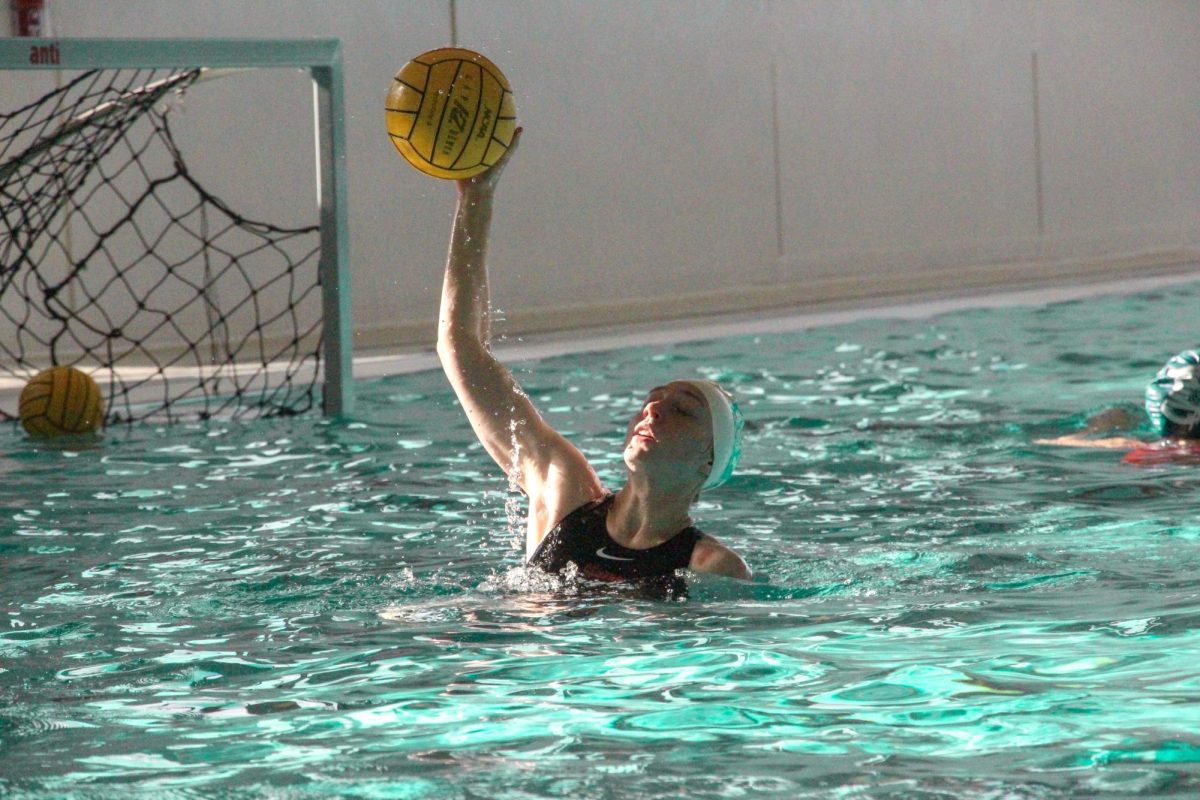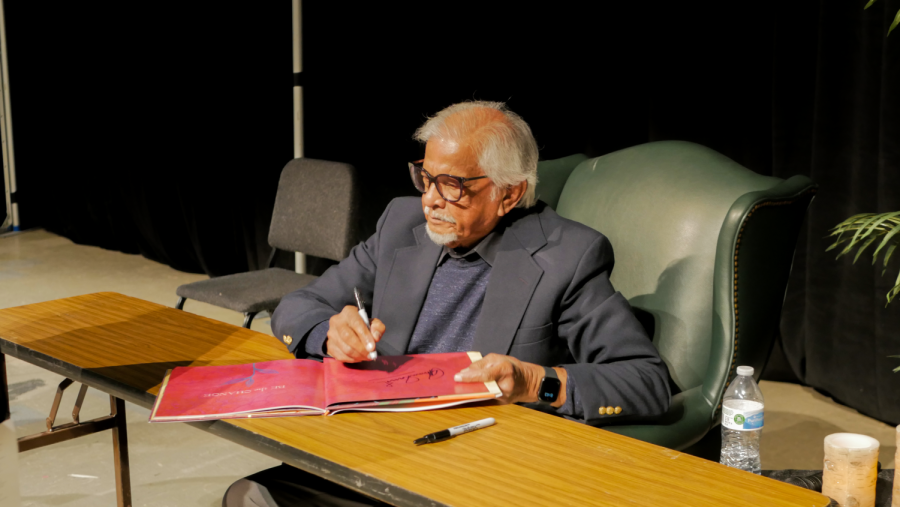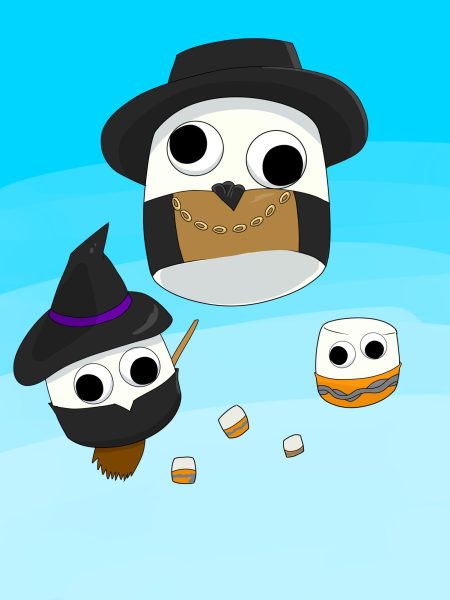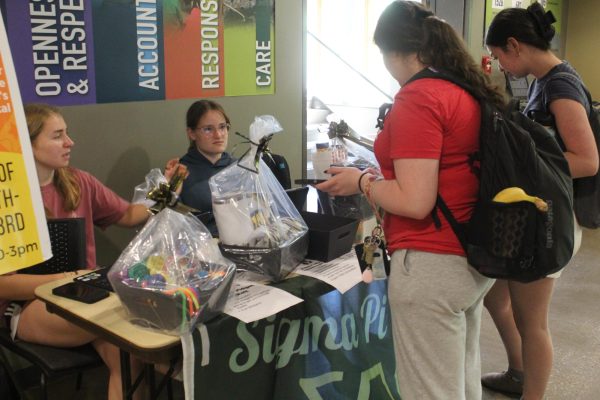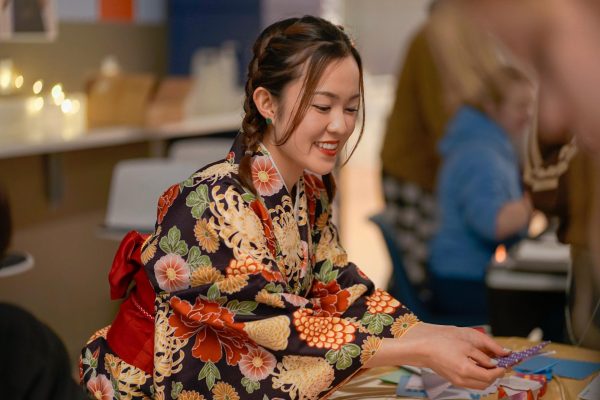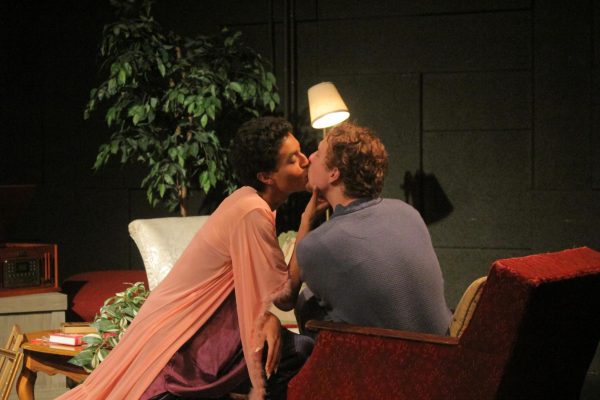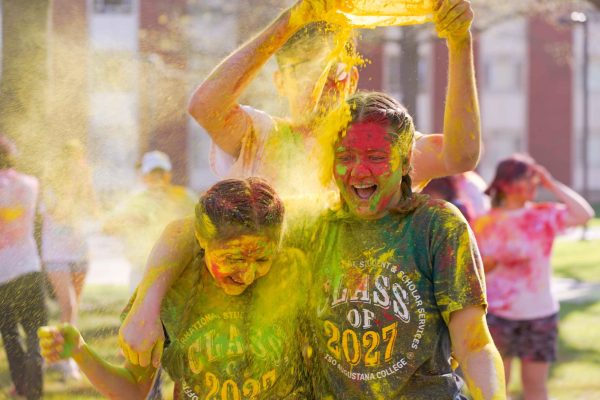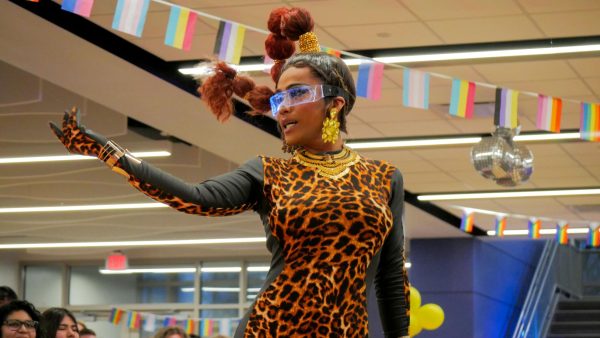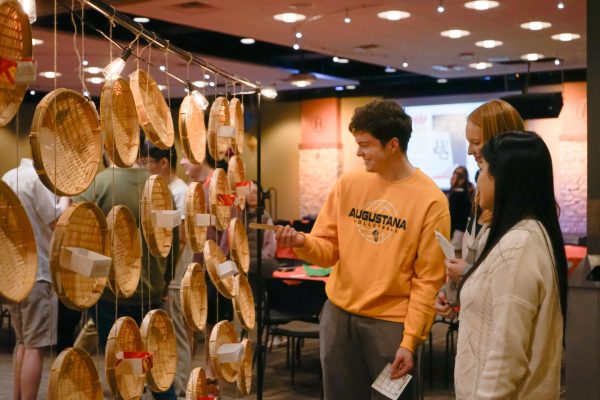Dr. Arun Gandhi promotes nonviolence
November 18, 2022
On Nov. 14, Dr. Arun Gandhi spoke to Augustana and the Rock Island community in Centennial Hall. Gandhi is the first speaker in Augustana’s new Global Lecture Series.
Arun Gandhi is the grandson of Mahatma Gandhi, a political activist who dedicated his life to nonviolent protesting and changing the world. Arun Gandhi has also dedicated his life to spreading his grandfather’s message and teaching people about nonviolent activism.
By the time Arun Gandhi was born, his grandfather was already a very well-known activist and political leader. Gandhi struggled with the idea of living up to the legacy of his grandfather. He took his mother’s advice when he felt the pressure was too much of a burden.
“She said, ‘It’s up to you. If you think of this legacy as a burden it’s going to get heavier and heavier. But if you think of this legacy as a light showing you the path ahead, it’ll be easier for you to deal with,’” Gandhi said in a student leadership luncheon. “Since then, I’ve seen this legacy as a light that’s showing me the path.”
As a child, Gandhi spent two years of his life living with his grandfather in India. During that time, he learned many things from his grandfather about the philosophy of nonviolence.
The theme of Gandhi’s lecture in Centenial Hall was about violence — what violence is, how it comes from anger and what we can do to combat violence and anger in nonviolent ways.
“My grandfather used to say anger is like electricity. It’s just as useful and just as powerful, but only if we use it intelligently,” Gandhi said. “So just as we channel electrical energy and bring it into our lives and use it for the good of humanity, we must learn to channel anger in the same way.”
Gandhi made a point at the begining of his talk to explain that every person has violence in them and commits violence unconsciously on a daily basis.
“We do not use any physical force and yet we hurt people in different ways — discrimination, looking down on people, dividing people, putting labels on people, wasting resources and food — all these things are forms of violence,” Gandhi said. “That passive violence has become so much a way of life with us that we don’t even consider it to be violence, and we practice it every day. That is the fuel that ignites physical violence.”
Another large part of the talk was about how destructive anger is and its negative impact on a person’s life.
“My biggest takeaway was the idea that anger is almost never productive and that solving the problem is the best way to overcome our anger,” junior Annie Gill, who attended the lecture, said.
After Gandhi’s talk, there was a question and answer panel. Audience members were allowed to come up on stage and ask questions. One student who asked a question was junior Saghi Rokneddini.
Rokneddini is the first Iranian student at Augustana, and she asked Gandhi for advice on what she can do to help her home country.
“I feel like he was very sincere and he was being transparent with me in the sense that he told me if I do really, really want to take part in [protests for human rights in Iran] and actually see change happening, I must sacrifice my own life and my own opportunities by going back home and being a part of this movement,” Rokneddini said.
Gandhi has dedicated his life towards making the world a better place. By traveling to colleges across the country, Gandhi offers people of all walks of life hope for a peaceful future. In return, Gandhi puts his hope for a better future in the hands of future generations.
“I have a lot of hope for the young people because your minds are still open. You’re still trying to absorb the lessons from life and from the world,” Gandhi said. “So if you see something that is not right and not good, you don’t have to accept it. You can make a change.”
Additional reporting by Kayla Palliser.
